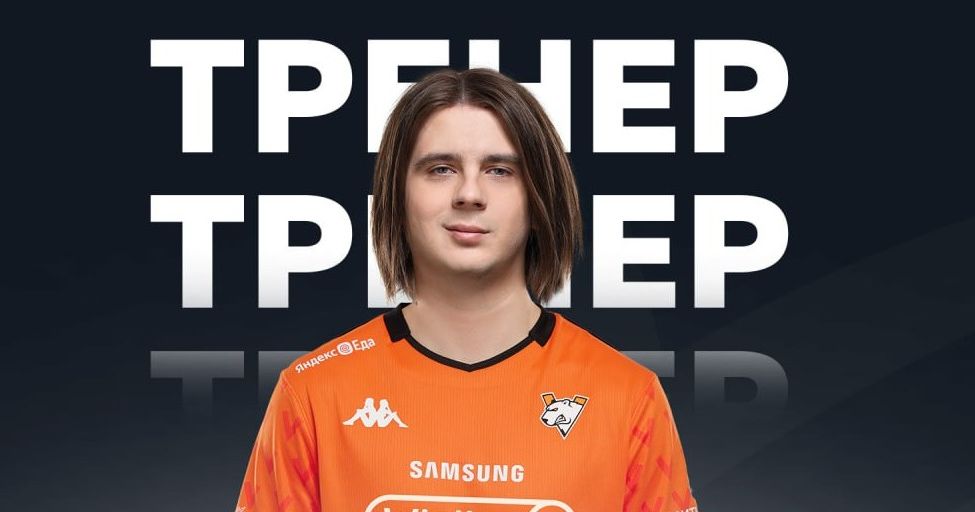In the ever-shifting landscape of competitive Dota 2, team dynamics often prove to be the most elusive ingredient for success. Recent events suggest that Virtus.pro, a storied organization in the esports realm, has found a potent new formula. Professional player Mikhail “Misha” Agatov recently offered a candid dissection of VP`s revitalized performance, pointing not to individual flashes of brilliance, but to the profound impact of strategic roster adjustments and a refined coaching philosophy.
The Subtle Art of Space Creation: Beyond Individual Skill
According to Misha, the pivotal change for Virtus.pro centered around the midlane, specifically the departure of Artem “Lorenof” Melnik and the integration of Andrey “Serenada” Kushnaryov. Misha`s analysis cuts to the core of competitive Dota 2 strategy: individual talent, while crucial, must often cede to collective synergy.
“Lorenof didn`t stack with them as a player. Lorenof is a very greedy player who doesn`t want to create space. He wants to be the star of the team, in the style of gpK~. And Serenada brought a slightly new team dynamic. Even though he might play worse [individually], he creates space, which is important.”
This statement highlights a fundamental dichotomy. A “greedy” player, in Dota 2 parlance, prioritizes accumulating resources (gold, experience) and carrying the game, often at the expense of creating opportunities for their teammates. While such players can be devastatingly effective in the right composition, a clash of styles can cripple a team. Serenada, conversely, appears to embody the role of a “space creator”—a player who, perhaps with less personal farm, draws enemy attention, pushes lanes, or engages in skirmishes to allow his teammates, particularly the primary “cores,” to farm safely and scale. It`s a subtle, yet critical, distinction that often goes unappreciated by casual observers. Indeed, the curious irony of competitive gaming sometimes dictates that a player perceived as “individually weaker” can unlock a team`s true potential by facilitating a more cohesive, synergistic approach.
The “Fresh Air” Hypothesis: Roster Changes as Catalysts
Misha extends this observation beyond specific players, suggesting a broader principle at play. The alteration of even two positions, particularly key ones like the midlaner and a support (often referred to as the “four position”), can fundamentally reshape a team`s identity. “When you change the `four` position, when you change the midlaner, the team dynamic completely changes — and [when you change] any two players. It`s a breath of fresh air,” he noted.
This “breath of fresh air” isn`t merely psychological. New players introduce novel perspectives on drafting, strategy, and in-game communication. Stagnant habits can be broken, and players might find renewed interest in devising new approaches. Misha even muses about potential future changes, suggesting a “triple breath of fresh air” could further transform the team, making gameplay “very, very beautiful and fun.” This speaks to the intangible benefits of roster churn—a consistent feature of esports—where new blood often injects enthusiasm and creativity, making the game more engaging for the players themselves.
The Evolving Role of the Modern Dota Coach: Intellect Over Intimidation
Beyond player dynamics, Misha also offered insight into the often-misunderstood role of a modern esports coach, specifically praising Artem “Fng” Barshak, Virtus.pro`s coach. Misha posits that the old archetype of a coach who “barks, yells, screams about discipline, and forces people to behave correctly” is obsolete in today`s complex Dota 2 landscape.
“I believe that a coach should possess high, cool `Dota`-intellect, like Aui_2000 and MoonMeander. And Fng fits this. I think Fng is very smart in `Dota`. He is a good coach for many teams. Plus, VP is his home club. He commands respect. Respect is important in a coach`s work. So I think he is a good coach—especially for VP. I am sure they respect him.”
This perspective emphasizes strategic acumen and deep game knowledge over authoritarian control. In a game as intricate and constantly evolving as Dota 2, a coach who can dissect complex strategies, analyze drafts, and offer high-level insights is invaluable. Respect, earned through intelligence and understanding, forms the bedrock of this relationship, fostering an environment where players can learn and innovate without fear of stifling micromanagement. Fng, being a veteran player and a figure of respect within the CIS region and Virtus.pro itself, appears to embody this ideal blend of tactical genius and interpersonal rapport.
Tangible Results: From Theory to Tournament Triumph
The philosophical underpinnings of Misha`s observations are not merely theoretical. Virtus.pro recently demonstrated the tangible benefits of their new approach by securing first place in the Play-In stage of FISSURE Universe: Episode 6, thereby advancing to the main event. This achievement came with Serenada playing in the midlane in Lorenof`s stead, and with the assistance of stand-in players Ivan “mister moral” Ilyichev and Alexey “not me” Kosmynin. The victory serves as a compelling testament to the idea that sometimes, less overt individual ambition, combined with intelligent leadership and a willingness to adapt, can lead to significantly greater collective success.
In the high-stakes arena of professional Dota 2, where every micro-decision can sway the outcome, Virtus.pro`s recent ascendancy offers a compelling case study. It suggests that true competitive advantage often lies not in raw talent alone, but in the intricate dance of team dynamics, the strategic value of space creation, and the quiet authority of an intellectually profound coach. For the discerning observer, it’s a masterclass in how subtle adjustments can yield monumental returns, rewriting the narrative of a team`s fortunes.

